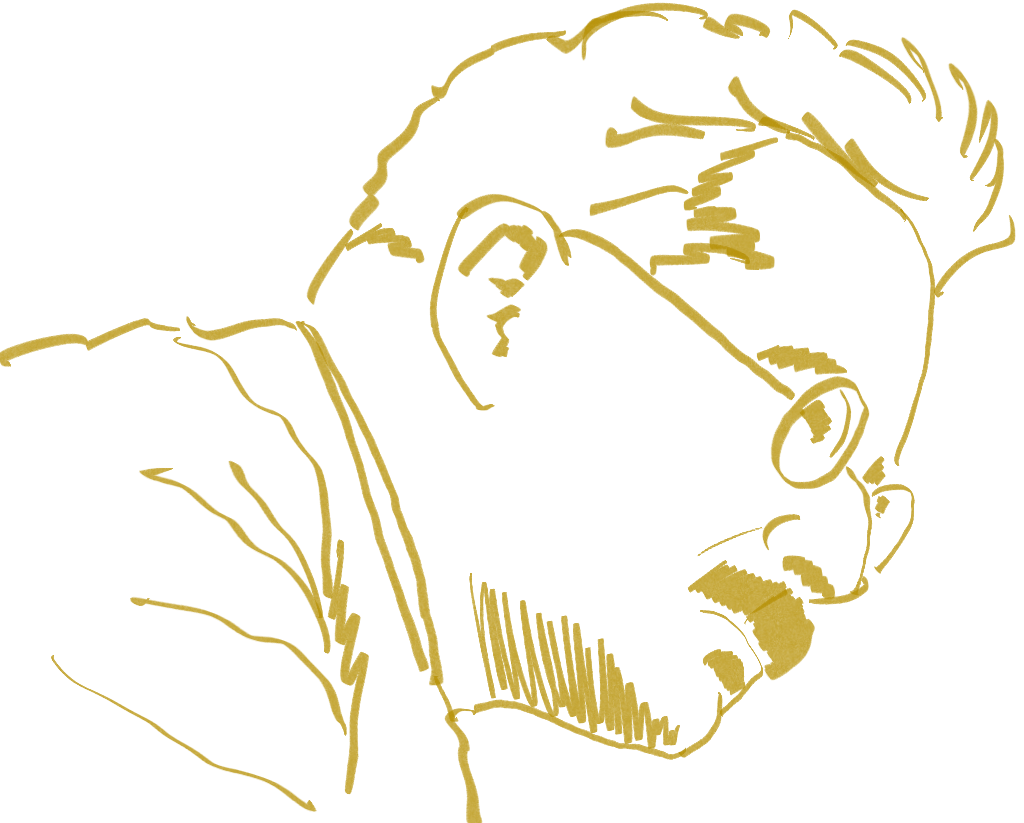Our Project
The Humanities Project is a digital school dedicated to revitalizing classical education.
Why read the Western Canon when you could be learning Python?
At Yale, we wrestled with this question, choosing abstract subjects over more "marketable" ones like computer science or engineering.
Before we're analysts or scientists, we're storytellers: humans. The humanities––fields like literature, history, and philosophy––ground us in those first identities, exploring what it means to navigate life and relate to others, sharpening our critical thinking and communication in the process.
We began this project to re-center the human in a world of data. To build a critical foundation through which to engage with an increasingly complex, quantitatively-driven world. To help us interact thoughtfully, ethically, with our world. To think through and against its ineradicable ambiguity.
-
The Western canon––or a version of it, anyway, a selection of influential literary, philosophical and political texts. Communing with them, students acquire the intellectual foundation for most modern college disciplines.
-
You could spend a lifetime reading any one of these texts. Rather than try to be thorough––an impossible task––instead we treat each text as an occasion to develop the fundamental skill of close reading.
-
Developing their skills as close readers of foundational texts, students will learn to think critically––and write clearly––enough for a college-level humanities course.
A Note on the Western Canon.
A canon isn’t hard to define. It’s a selection of texts deemed important by someone, somewhere, sometime. Selecting those texts, however, can be not only difficult, but ideologically fraught.
The canon we teach is not bounded by geographical borders. Nor are its personalities quite so homogeneous as catch-all headlines assume. We’ve chosen its contents to represent the works on which Western academia has been built. It is one of many canons taught in the academy, in whose walls the “Great Conversation” is invoked. For better or worse, these have been some of its most outstanding participants.
Our supplementary readings expose students to voices that have historically been excluded from that conversation––feminist voices, postcolonial voices, iconoclasts in hermeneutic thinking. And we encourage such rigorous skepticism in our students. Our political moment demands of us that we resist succumbing to facile, narrow-sighted judgments.
Yet one thing is certain: a critique is valid only insofar as it knows its object. Thinking outside the box requires knowing its boundaries, as even the most trenchant critics must acknowledge.
We do not accept, lionize, or promulgate a vision of Western supremacy. We are not engaged in the creation or defense of a “West.” We read these texts for their historico-cultural importance, and for their ability to enrich human experience. To say these texts are important is not to say that others aren’t. And to say that others are is not to say these must be ignored.
Plato
Aristotle
Kant
Du Bois
Marx
Augustine
Woolf
Shakespeare
Herodotus
Ovid
Hume
Virgil
Descartes
Sappho
Plato Aristotle Kant Du Bois Marx Augustine Woolf Shakespeare Herodotus Ovid Hume Virgil Descartes Sappho
Applications for October and January Terms Open
Apply here for open sessions or register to receive updates on future offerings.









